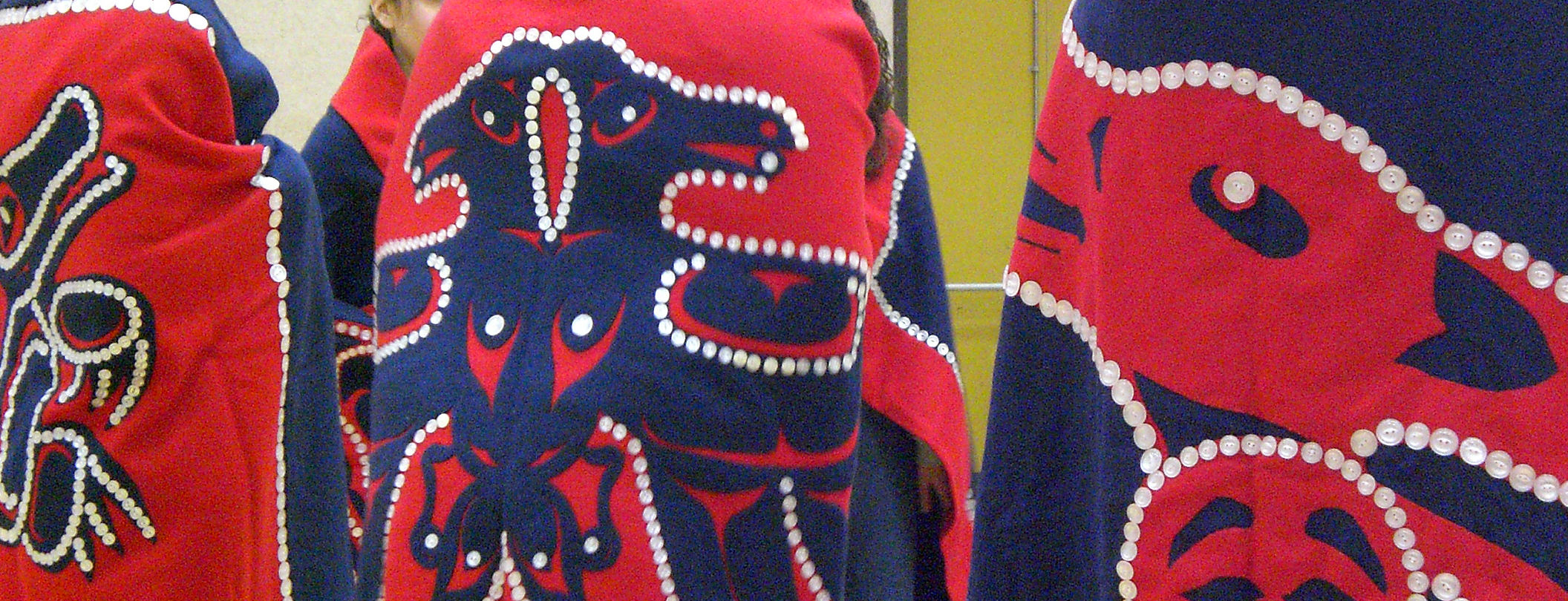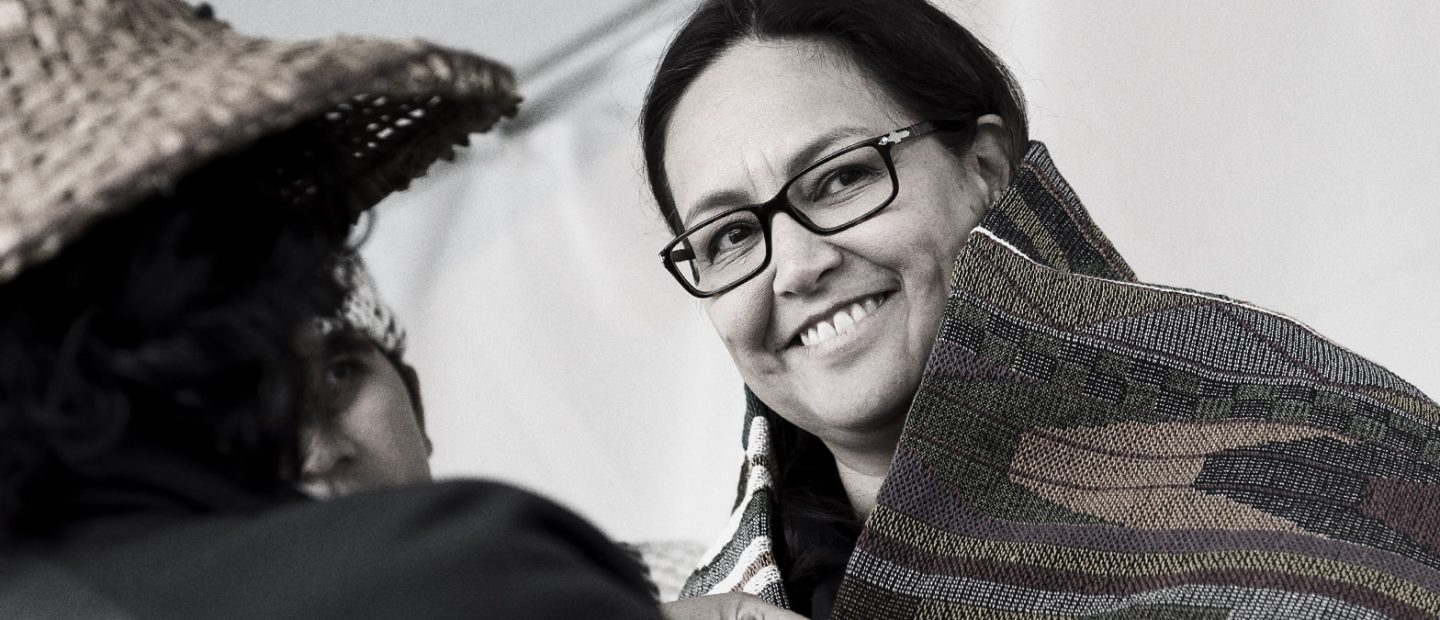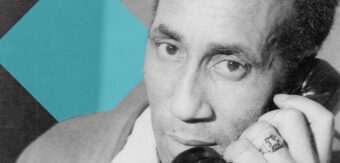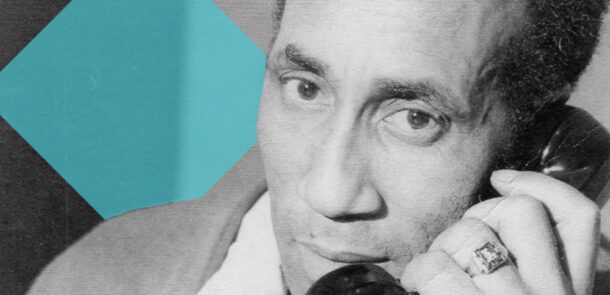Imagine telling a friend something that means the world to you. As you share this heartfelt thing your friend looks around, seemingly distracted. You feel disappointed. She’s not listening. But what if she had in fact heard everything you said? Would that make you feel better? No. It’s not enough to simply hear one another. We need to show others that we are listening, which is how I believe Canada needs to start thinking about First Nations issues in our country. It’s also why I was inspired to create the TRC Reading Challenge.

The challenge, is an idea I had to get 1,000 people to pledge their commitment to reading the Truth and Reconciliation Commission Summary Report by National Aboriginal Day (June 21st). The report was released in December, 2015, after seven years of gathering documents and testimonials from First Nations people who experienced trauma and abuse in residential schools.
It’s an important document for all Canadians and one that will shape our history. But who, I wondered, will now listen to what those who testified have told us?
On June 21st, the names of those who pledged to read the TRC Report will be displayed on the trcreadingchallenge.com site. This unveiling of names is a statement that says: these people care about the relationship between Aboriginal and non-Aboriginal people in Canada. These people are showing others that they have pledged to listen.
The idea for this initiative came to me on April 2, 2016. It was a sunny Saturday morning in Duncan, and it should have been a day filled with nothing but pride and joy. The official release day of my first novel, The Heaviness of Things That Float. A day to celebrate. After all, I’d dreamed of this day since I was a child listening to my author mother clack her children’s novels out on her old typewriter. Instead, I sat in my house and stared at the unopened Saturday edition of the Vancouver Sun, scared to read the first review of my novel. Why had I chosen to expose myself to the world in this way?
Every artist makes themselves vulnerable when they share their work with the world, but what made me especially nervous was the novel’s political nature. Yes, it’s a novel about sorrows and secrets, but it’s also about the delicate dynamic between remote First Nations communities and the non-First Nations people who go to work there. It’s about non-First Nations people facing their privilege and their deeply held assumptions. It’s about, at its heart, decolonization and the moral obligation we all have to participate in the process.

The review called it “a remarkable novel, one that is deeply of our time and place in B.C. and Canada in this time of truth and reconciliation.” I was thrilled at first. Who wouldn’t be? But something didn’t feel right. In reading “this time of truth and reconciliation,” I knew that many people in our country hadn’t yet read the TRC Report. How could I promote my novel as all authors are expected to do knowing this? That’s when the idea struck me: if I wanted to maintain any sense of integrity, I had to promote the reading of the TRC Report before anything else. I wanted people to read my novel. But I wanted people to read the TRC Report first.
News of the TRC Reading Challenge spread quickly over social media, and I was overwhelmed by emails of people reaching out to share their positive intentions. I never imagined such a response. Nearly 3,000 people have already pledged their commitment—far more than the original goal! Several libraries have also started groups to discuss the reading in person. We have a long way to go, but this fills me with hope. Healthy, respectful dialogue is the next step. But first we must listen to the truths expressed by First Nations people. We must listen deeply, which means listening with the open attitude that we might be changed by what we hear.
It can be difficult to know how to contribute positively to the relationship between Aboriginal and non-Aboriginal people in Canada. But this is a first step we can all be taking.








